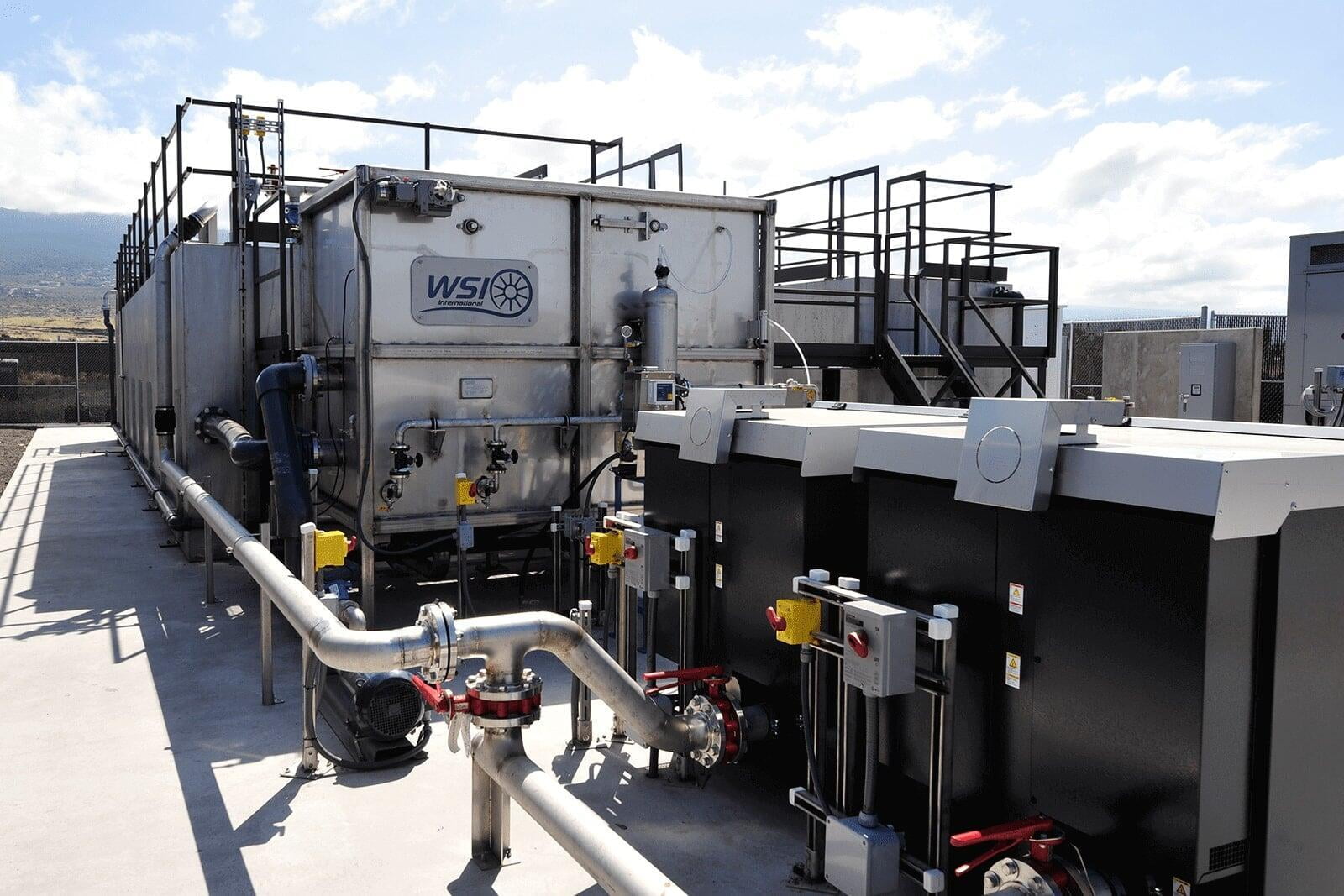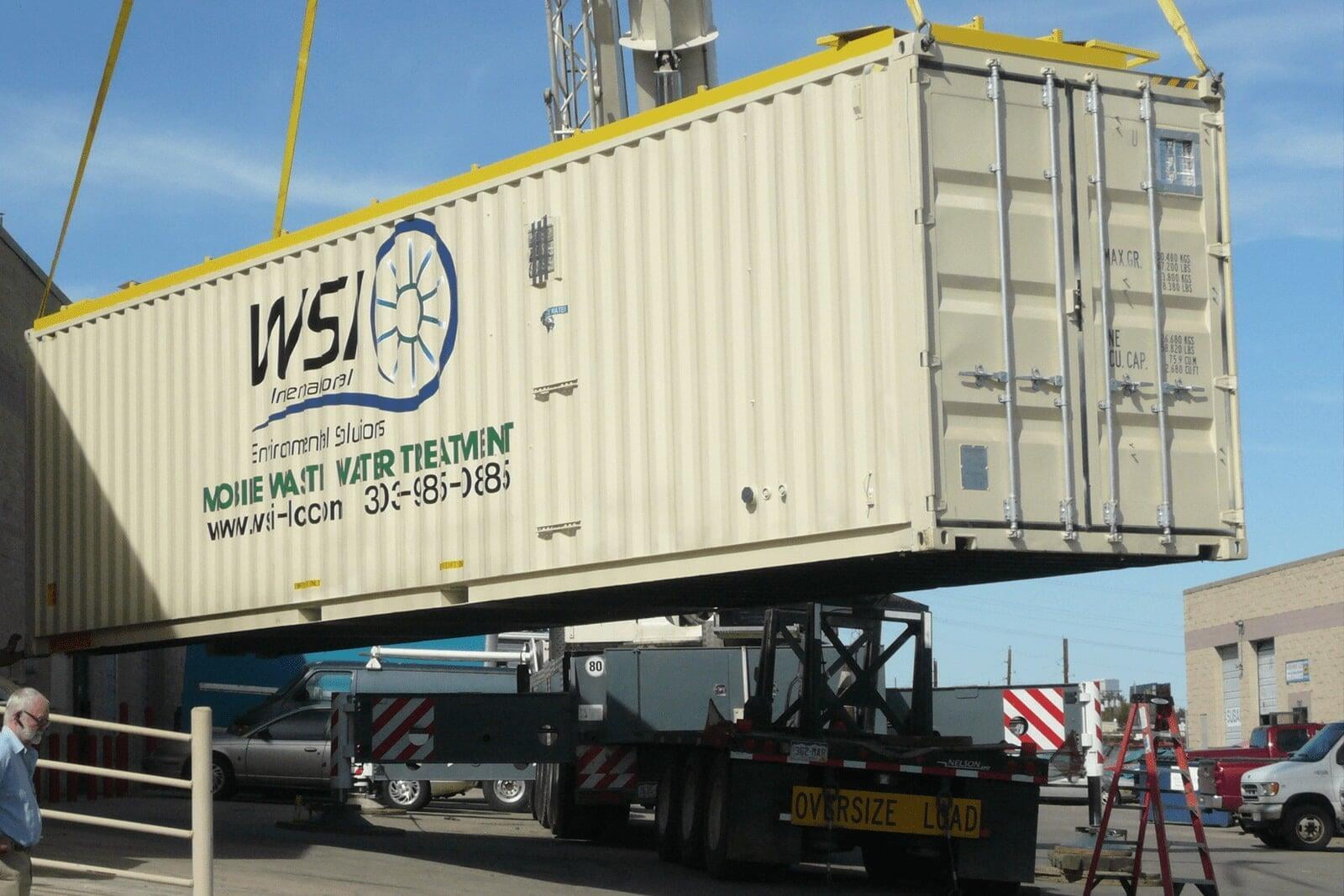


Municipal Wastewater Treatment



Ensuring Compliance: The Role of Packaged Wastewater Treatment Plants
Packaged wastewater treatment plants play a significant role in ensuring compliance with environmental regulations. They use advanced technologies like MBRs, MBBRs, and DAFs to treat wastewater to meet the discharge standards set by regulatory bodies. The treated water produced by these plants is of high quality, reducing the risk of environmental pollution. Furthermore, these plants are designed to be easy to operate and maintain, reducing the likelihood of human error and ensuring consistent compliance with regulations. The use of packaged wastewater treatment plants helps municipalities meet their environmental obligations, protects public health, and ensures the sustainability of local waterways. Additionally, the compact and efficient design of these plants reduces the land requirements, making them an attractive option for communities with limited space. Overall, packaged wastewater treatment plants provide an effective solution for ensuring compliance with environmental regulations and protecting the environment.
The Benefits of Installing a Packaged Wastewater Treatment Plant
Space-saving: Packaged wastewater treatment plants are compact and require minimal space compared to traditional wastewater treatment facilities.
Cost-effective: Packaged plants are often more affordable than building a custom treatment facility and can save money in construction and maintenance costs.
Easy installation: Packaged plants are designed to be easy to install and can be up and running quickly, reducing the amount of time and resources required for a traditional build.
Low maintenance: Packaged plants are designed to be low maintenance, reducing the need for frequent repairs and the associated costs.
Portable: Packaged plants can be easily relocated if necessary, making them a good choice for temporary or temporary-to-permanent treatment solutions.
Environmentally friendly: Packaged plants use advanced treatment technologies to reduce the environmental impact of wastewater treatment, making them a more sustainable option.


Typical Packaged Wastewater Plants








